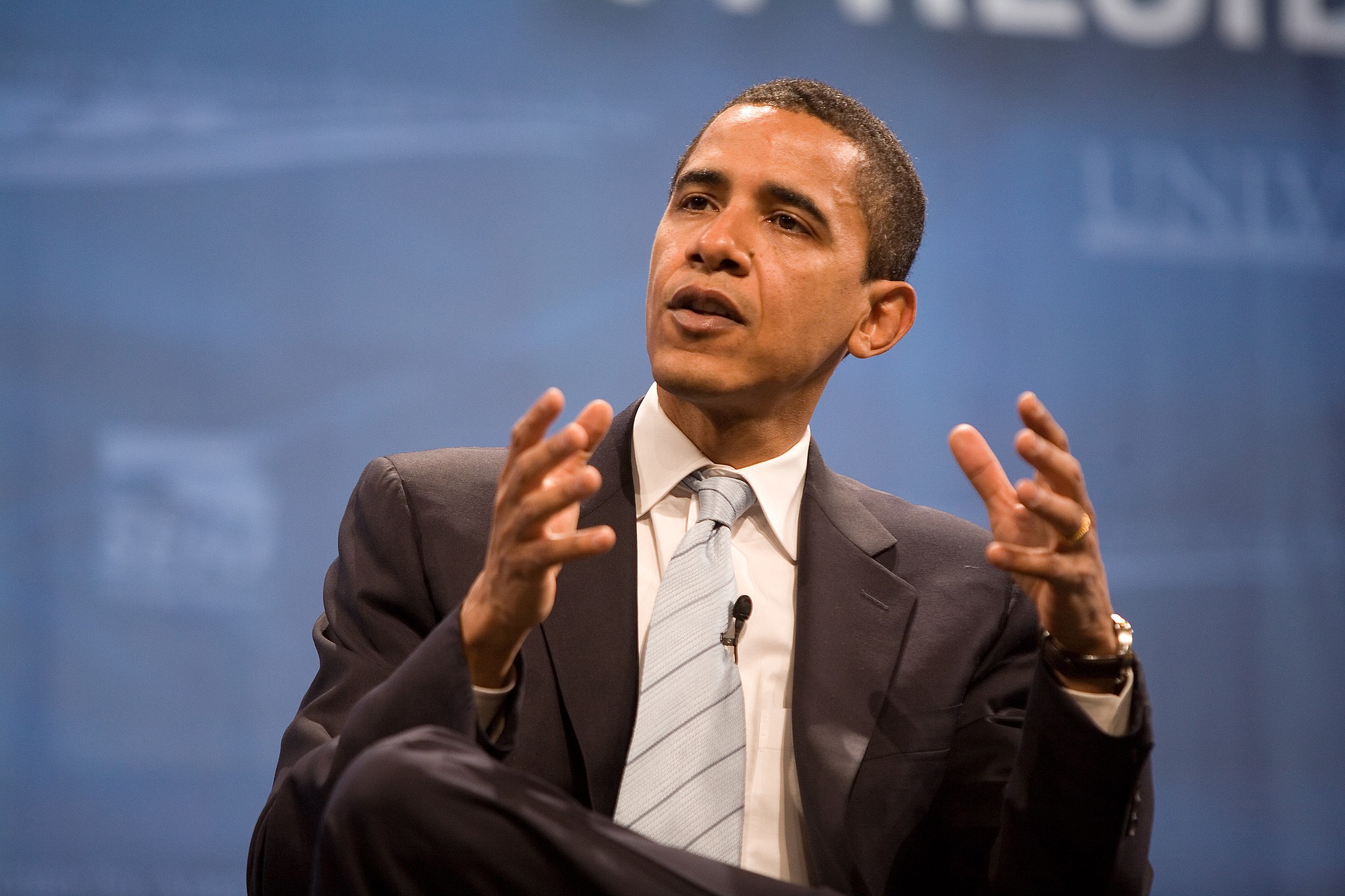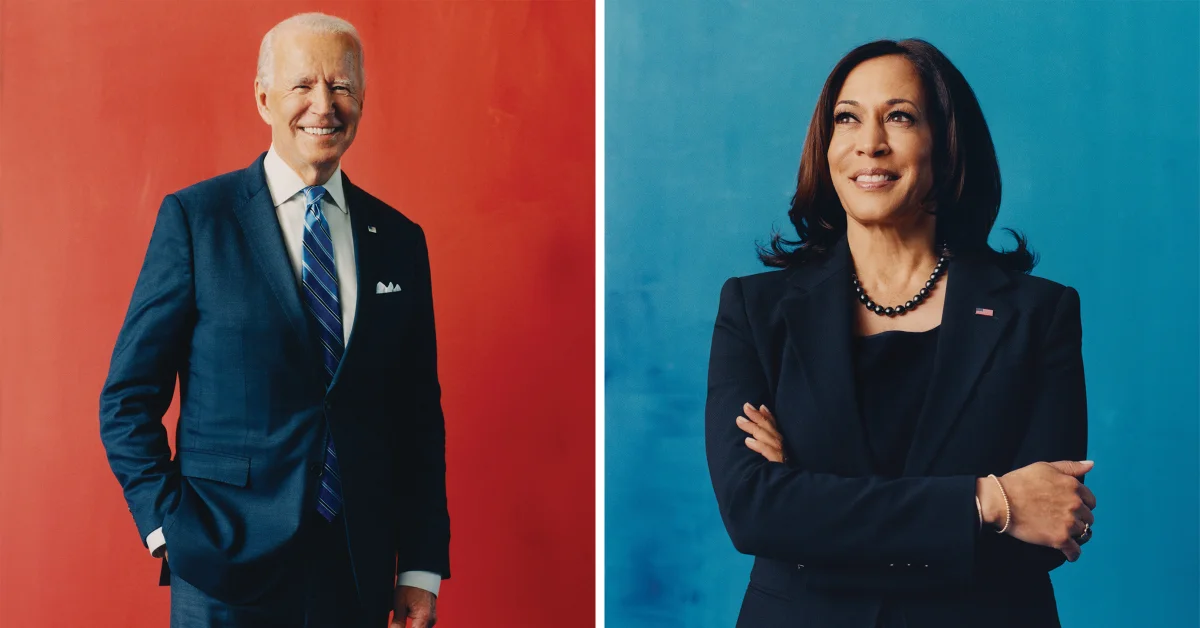He’s in trouble now…
Josh Campbell, who served as special assistant to disgraced former FBI Director James Comey, has detailed highly unusual steps that Comey took to immediately memorialize private exchanges with Trump.
The details provide a new window into the premeditated methods utilized by Comey to documents statements made to him by Trump.
The significance of Comey’s actions take on new context after the Justice Department’s inspector general report last month related that prior to the briefing, FBI members on Comey’s team discussed the need to memorialize the exchanges between Comey and Trump just in case Trump made statements relevant to the agency’s Russia probe.
The IG further relates that Comey went on to do just that. He had a laptop waiting for him in the car, where he immediately began memorializing the private talk.
Beyond the IG report, Campbell has provided a witness account of the actions Comey took to document his meeting with Trump.
Campbell traveled with Comey to Trump Tower in New York and said that on the way there Comey repeatedly inquired as to whether Campbell had brought along the laptop that the FBI chief would use after the meeting to memorialize the private talk.
Campbell relates:
On our drive to Trump Tower, I asked the agent seated up front to slow our roll, and he eventually found an open space a few blocks away where we could pull over and wait for the others to catch up. “Do you have the laptop?” Comey inquired, the third time he had asked me that day. “Check,” I replied, pointing to the vehicle behind us, where an FBI communications specialist sat with a secure bag containing a laptop computer that was certified for the transmission of information classified as Top Secret.
Campbell took note of the highly unusual nature of the request, writing that “this was the first time in my nine months working directly for him that Comey had ever asked me to make a laptop available to him immediately following a meeting.”
Immediately after the Trump Tower briefing, Campbell writes that Comey went directly to the laptop in the car:
“Once safely back in the car, I immediately handed Comey the secure laptop. He didn’t say a thing—the first time we had ever climbed into a vehicle without exchanging words—but began typing. He paused every so often to stare out the window as we navigated the city, and then went back to his writing.
After about twenty minutes, and following a thorough proofread, he handed me the computer, pointing to the place on the screen where I should begin reading. I was now learning Comey’s version of a meeting that would spell the beginning of the end of his career, and one that would mark the start of a veritable hurricane—a torrent of attacks on the rule of law that would risk threatening the viability of our national institutions of justice.”One of the most bizarre meetings of my life,” James Comey said woefully before resuming his gaze out the window at the passing cityscape.
In his book, Campbell made clear Comey’s intentions in documenting the private confab were linked to the Russia probe. He wrote: “Aware of the unprecedented nature of an FBI director confronting a newly elected president with explosive material about his personal life, coupled with the fact that the president’s campaign was secretly under investigation for its possible ties to Russia, Comey wanted to make certain that he fully documented the interaction in writing.”
Until last month’s IG report, Comey and other former Obama administration officials presented the unusual briefing as a courtesy to Trump to warn him about the news media possibly publically releasing embarrassing claims about the newly elected president.
The IG report, based on interviews with Comey and other FBI “witnesses”, documents that prior to Comey’s briefing the FBI discussed utilizing Comey’s classified private talk with Trump to inform the controversial Russia collusion probe.
The report relates:
Witnesses interviewed by the OIG also said that they discussed Trump’s potential responses to being told about the “salacious” information, including that Trump might make statements about, or provide information of value to, the pending Russian interference investigation. That FBI counterintelligence investigation, known as “Crossfire Hurricane,” concerned whether individuals associated with the Trump campaign during the 2016 presidential election were coordinating with, or had been unwittingly co-opted by, the Russian government.
Multiple FBI witnesses recalled agreeing ahead of time that Comey should memorialize his meeting with Trump immediately after it occurred. Comey told the OIG that, in his view, it was important for FBI executive managers to be “able to share in [Comey’s] recall of the…salient details of those conversations.”
Another reason Comey provided to the IG for taking notes on his conversation with Trump was to “capture his…contemporaneous recollection” because there were “millions of ways that [the FBI] could get follow-up questions, or criticism…and [Comey] wanted to recollect exactly, from his perspective, how it had taken place.”
Right after his briefing with Trump, Comey immediately updated the FBI team probing Russia collusion claims about his private talk.
Comey told the OIG he began writing Memo 1 immediately following his meeting with Trump on January 6, 2017. Comey said he had a secure FBI laptop waiting for him in his FBI vehicle and that when he got into the vehicle, he was handed the laptop and “began typing [Memo 1] as the vehicle moved.” He said he continued working on Memo 1 until he arrived at the FBI’s New York field office, where Comey gave a “quick download” of his conversation with President-elect Trump to Rybicki, McCabe, Baker, and supervisors of the FBI’s Crossfire Hurricane investigative team via secure video teleconference (SVTC). Comey said he probably told the SVTC participants that he would send them his “detailed notes” of the interaction.
James Rybicki was Comey’s chief of staff; Andrew McCabe was FBI deputy director; and James Baker was FBI counsel.
A footnote in the report further relates:
On January 7, 2017, Comey wrote a classified email to the other Intelligence Community Directors to let them know that his “follow-up session with [the President-elect] went well” and provided them a brief summary of the conversation that was less detailed than Memo 1).
Besides failing to inform Trump that he would be taking notes on his private briefing or that he would pass those notes to the FBI team investigating the Russia claims, Comey also used the briefing to assure Trump that he was not a subject of the FBI probe.
In previous testimony, Comey admitted that he did not inform the incoming president about who financed the dossier. He also admitted in testimony that he was aware at the time that the dossier authored by former British spy Christopher Steele was financed by Democrats who opposed Trump.
Comey also previously stated that he pushed back against a request from Trump to possibly investigate the origins of “salacious material” that the agency possessed in the course of its investigation into alleged Russian interference in the 2016 presidential campaign.


